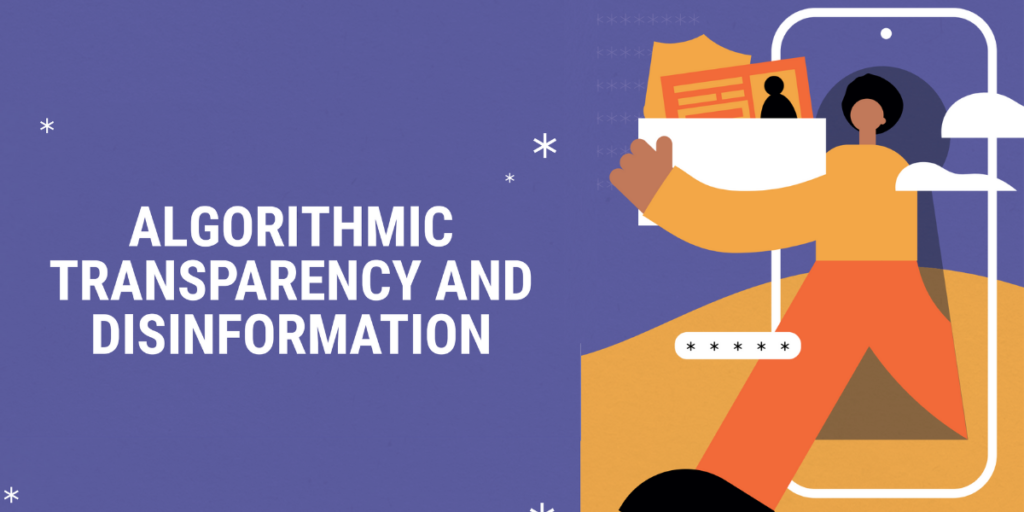disinformation
Disinformation is already a global phenomenon with relevant implications for various sectors in our modern society, such as politics, economy, health, and social relations. The attempt to conceptualize disinformation in itself reveals its complexity since there’s no consensus on what would be its core. For the European Commission, false or misleading information is information whose purpose is to cause harm, being created, presented, and divulged to obtain economic advantages or to deceive public opinion deliberately. In this sense, disinformation is not a synonym for “fake news,” an expression often used by politicians worldwide to describe news detrimental to their public figures, thus discrediting political opposition who bring them to public attention. This phenomenon is linked to new technologies in today’s society, given its potential to reach the masses and modulate public opinion. The Internet and social media potentialize the dissemination of disinformation since digital mediums facilitate the propagation of any type of information, including false news. That’s why different stakeholders have dedicated themselves to studying and better understanding the mechanisms used to spread disinformation.
Learn more about our work on these matters:





